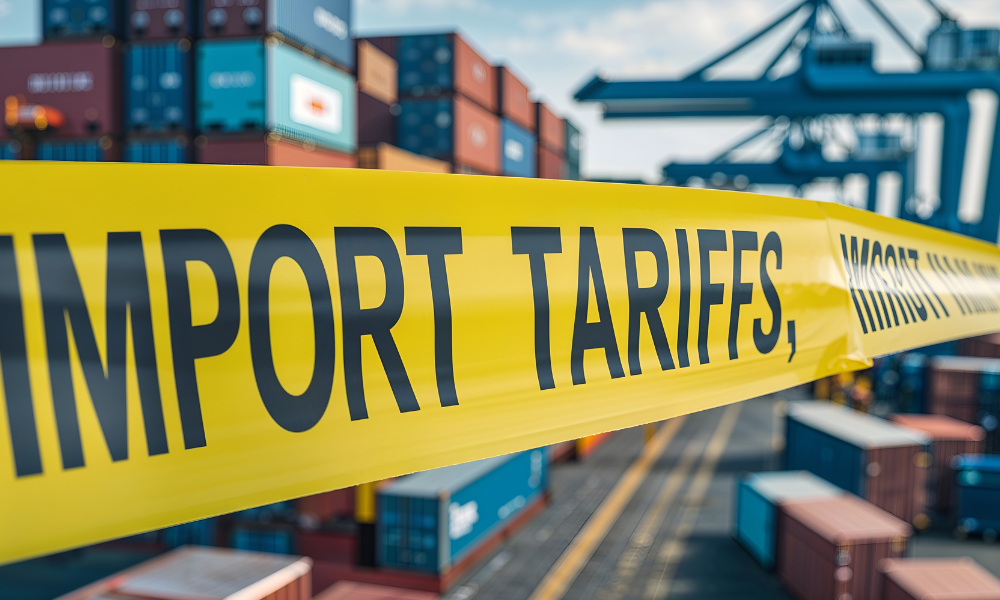Global tariff deadline pushed to Aug. 1

Canada has avoided the latest wave of US global tariffs for now, but pressure to finalize a bilateral trade agreement by July 21 continues to mount, as President Donald Trump extends the global tariff deadline to August 1 and begins issuing warnings to other countries.
White House Press Secretary Karoline Leavitt confirmed on Monday that Trump will sign an executive order to delay the implementation of the tariffs, initially scheduled to take effect Wednesday. The US administration is using the extension to urge countries to finalize trade deals or face higher duties.
Although not targeted in this latest round, Canada remains subject to other US tariff measures. These include 25% tariffs on fentanyl-related exports and a 10% levy on energy and potash exports that fall outside the scope of the Canada-US-Mexico Agreement (CUSMA). Additional tariffs also remain in place on Canadian steel, aluminium, and automobiles.
Negotiations between Canada and the United States have been ongoing since March, when Prime Minister Mark Carney and President Trump agreed to work on a new security and economic framework. Talks resumed in May following Carney’s visit to the White House.
The process was briefly disrupted in late June when Trump called for Canada to cancel its digital services tax. The Canadian government officially ended the tax on June 30, the date it was to be implemented.
On Monday, Trump began sending letters to countries affected by what the administration has referred to as “Liberation Day” tariffs. The letters, warning of high tariff rates without trade deals, were posted publicly on Trump’s social media accounts. Correspondence to Japan and South Korea was released first, with Leavitt stating 12 additional letters would follow.
Fen Osler Hampson, professor of international affairs at Carleton University, said it may benefit Canada to observe what terms other countries accept before finalizing its own deal. He said that arriving later to the table could provide an advantage in negotiating more favorable tariff terms.
Since April, a 10% universal tariff has remained in effect for most countries under Trump’s trade policy. Framework agreements have so far been reached only with the United Kingdom and Vietnam. The UK deal includes a 10% tariff on up to 100,000 vehicles.
Treasury Secretary Scott Bessent said on Monday that additional trade announcements could be made within 48 hours.



